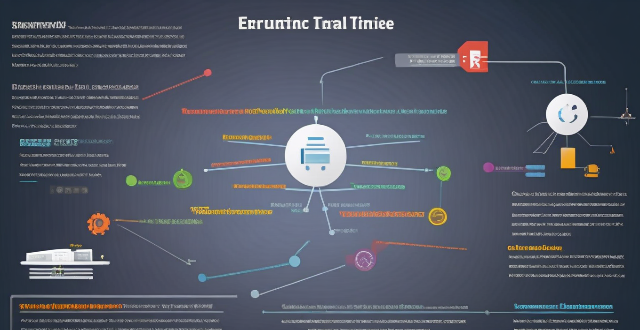To encourage private sector involvement in climate adaptation, policyTo encourage private sector involvement in climate adaptation, policy as creating incentives like tax policymakers can implement strategies such as creating incentives like tax breaks and subsidies, establishing clear regulations with compliance enforcement, facilitating information sharing through open data access and collaborative platforms, promoting public-private partnerships with joint projects and long-term commitments, enhancing capacity building via training programs and technical assistance, and recognizing and showcasing success stories through awards and media coverage. These steps will foster a collaborative environment where the private sector actively seeks opportunities to contribute to resilient and sustainable solutions for climate change challenges.

How Can Policymakers Encourage Private Sector Involvement in Climate Adaptation?
Climate adaptation is a critical component of addressing the challenges posed by climate change. While governments have a crucial role to play, the private sector's involvement is equally important. Policymakers can take several steps to encourage private sector participation in climate adaptation efforts. Here are some strategies:
1. Create Incentives
Tax Breaks and Subsidies
- Offer tax benefits for companies that invest in green technologies or sustainable practices.
- Provide subsidies for research and development in climate-friendly products.
Grants and Funding
- Allocate grants specifically for climate adaptation projects.
- Set up dedicated funds to support private initiatives aligned with public climate goals.
2. Establish Clear Regulations
Clear Guidelines
- Develop clear and specific regulations that outline expectations for private sector involvement.
- Provide guidance on reporting requirements and performance metrics.
Compliance and Enforcement
- Ensure there are consequences for non-compliance to encourage adherence to the guidelines.
- Establish a system for regular monitoring and enforcement.
3. Facilitate Information Sharing
Open Data Access
- Make data on climate risks and opportunities readily available to businesses.
- Share best practices and case studies from successful adaptation projects.
Collaborative Platforms
- Create platforms where businesses can collaborate on climate adaptation strategies.
- Foster partnerships between different industries and stakeholders.
4. Promote Public-Private Partnerships
Joint Projects
- Initiate joint projects where the government and private sector work together on adaptation.
- Leverage private sector expertise in areas like technology and innovation.
Long-Term Commitments
- Encourage long-term commitments from the private sector through stable policies and predictable regulation.
- Recognize and reward companies that demonstrate sustained efforts in climate adaptation.
5. Enhance Capacity Building
Training and Workshops
- Offer training programs to help businesses understand the importance of climate adaptation.
- Conduct workshops to educate about available tools and resources.
Technical Assistance
- Provide technical assistance to small and medium-sized enterprises (SMEs) to help them adapt.
- Offer consultancy services to guide businesses in implementing sustainable practices.
6. Recognize and Showcase Success Stories
Awards and Recognition
- Establish awards for businesses excelling in climate adaptation.
- Recognize companies publicly to motivate others to follow suit.
Case Studies and Media Coverage
- Share detailed case studies of successful private sector initiatives.
- Use media platforms to highlight positive contributions and achievements.
By employing these strategies, policymakers can create an environment where the private sector not only sees the value in participating in climate adaptation but also actively seeks out opportunities to contribute. This collaboration between the public and private sectors is essential for developing resilient and sustainable solutions to the challenges posed by climate change.